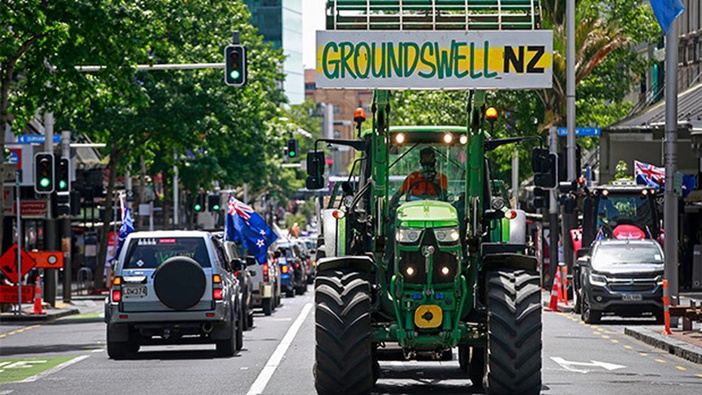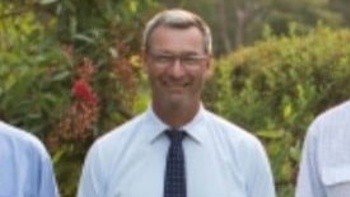He Waka Eke Noa chairman Michael Ahie says the primary sector climate action partnership is "on track", despite "some unfounded speculation and conjecture" about the process.
At the weekend, Groundswell New Zealand issued a press release saying it understood Climate Change Minister James Shaw had "finally conceded" the scheme was terminally flawed and would scrap it.
The group's emissions spokesman, Steve Cranston, stated Government and industry leaders had been quietly looking at alternative emission pricing options to the He Waka Eke Noa scheme for the past few months and now appeared ready to "pull the pin on it".
Groundswell called on Shaw and members of the He Waka Eke Noa partnership to confirm whether it was "dead" and what alternatives were being considered.
In a short statement yesterday, He Waka Eke Noa said the partnership remained on course and 11 primary sector and Māori agribusiness partners had committed to the system it recommended for pricing agricultural emissions.
It recommended a farm-level, split-gas levy with built-in incentives to reduce emissions and recognise carbon sequestration from 2025.
"We have had positive and encouraging discussions with the Government and we all remain committed to the process underway," Ahie said.
"We know there is some unfounded speculation and conjecture out there about the process.
"However, farmers, growers and all New Zealanders can be confident He Waka Eke Noa is on track."
Over the coming weeks, the partnership would continue to discuss its recommended option with the Government, he said.
ANZ Research's latest Agri-Focus report said the proposal included providing offsets for sequestration and implementing farming practices that would reduce agricultural emissions.
However, the Climate Change Commission had recommended that offsets for sequestration not be included within He Waka Eke Noa.
If the Government took that advice, that would jeopardise the whole implementation of the scheme, as the industry-led agreement was based around that package deal.
Pulling part of it out would most likely mean heading back to the negotiating table.
At present, the impact of the pricing of methane emissions had a larger impact on the sheep and beef sector than the dairy sector, because the dairy sector was more efficient at producing milk relative to methane emissions and was more likely to be able to implement farming practices that reduced methane emissions, the report said.
The profit margins in dairy were also generally higher than sheep and beef, so paying for methane emissions would have a smaller impact on the viability of the farm business.
Take your Radio, Podcasts and Music with you










